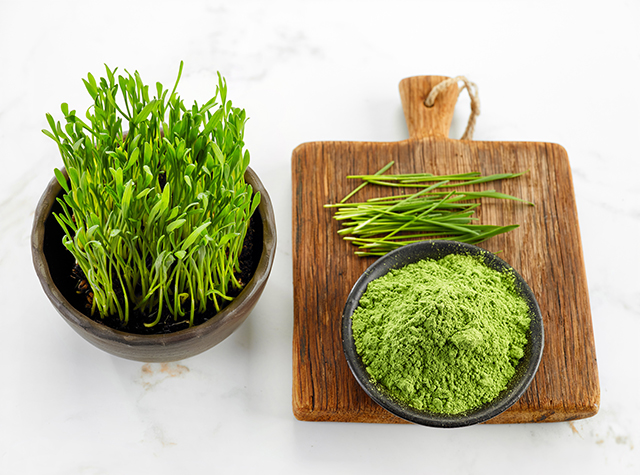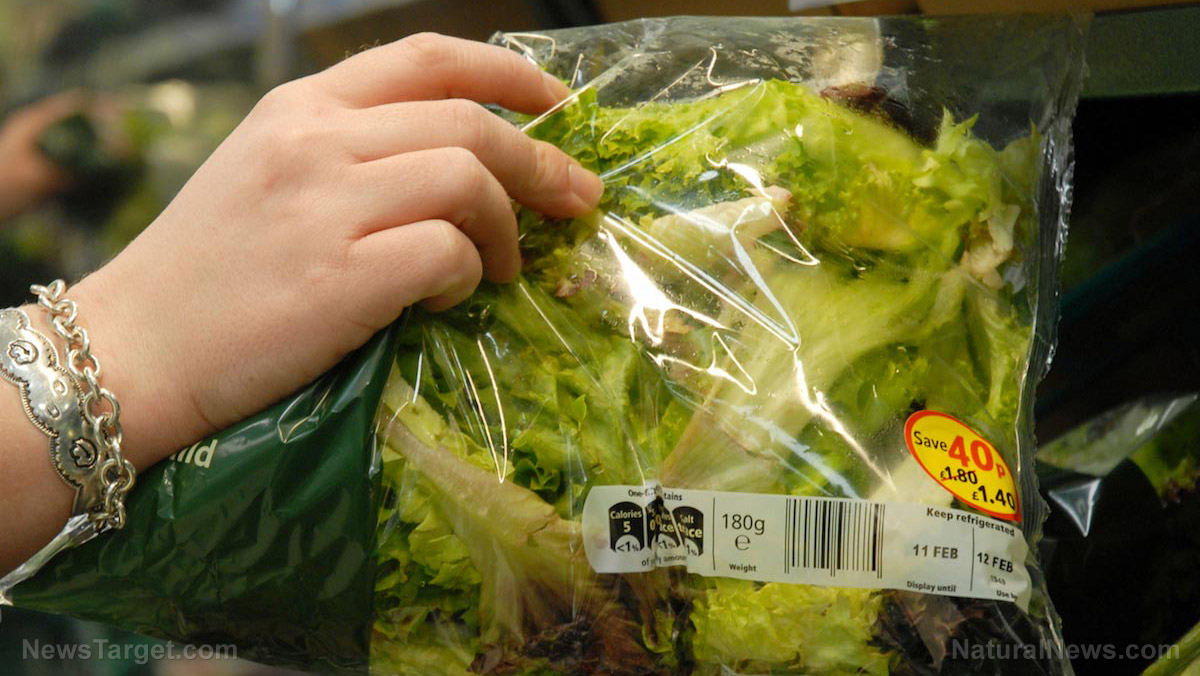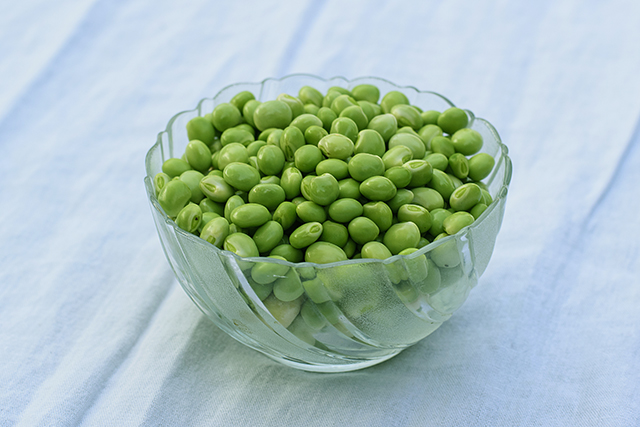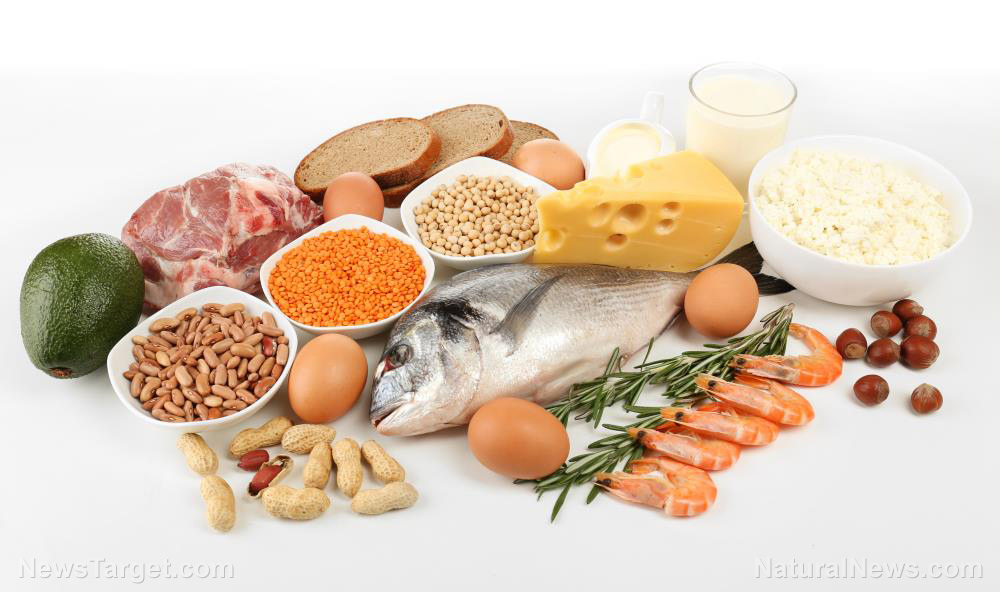Hexacosanol derived from barley sprouts helps lower cholesterol
06/05/2019 / By Evangelyn Rodriguez

In this study, researchers from Korea University in Seoul investigated the hypocholesterolemic activity of hexacosanol on hepatocytes and high-fat–induced obese mice. The results of their study, which elucidate the mechanism behind hexacosanol’s cholesterol-lowering activity, were published in the journal Nutrition Research.
- Policosanols are hypocholesterolemic compounds but their mechanism of action is not well-understood.
- The researchers hypothesized that hexacosanol, a policosanol derived from barley sprout, may decrease cellular and plasma cholesterol levels.
- They used hepatocytes (liver cells) and high-fat–induced obese C57BL/6J mice for their study and confirmed a reduction of total cholesterol, free cholesterol, and cholesteryl ester concentrations (?38 percent, ?33 percent, and ?53 percent, respectively) in hexacosanol-stimulated hepatocytes.
- Oral administration of hexacosanol (0.7 milligrams per kilogram [mg/kg] body weight per day) for eight weeks also significantly reduced plasma hepatic cholesterol concentrations and hepatic steatosis in high-fat–fed mice (?15 percent and ?40 percent, respectively).
- The researchers explained that hexacosanol binds to the allosteric regulation site of AMP-activated protein kinase (AMPK)-beta subunit, activating AMPK which inhibits the activity of 3-hydroxy-3-methyl-glutaryl-coenzyme A reductase via inhibitory phosphorylation.
- They also reported that hexacosanol activation of AMPK induced hepatic autophagy activity, which further reduced hepatic lipid accumulation.
- In addition, hexacosanol suppressed the nuclear translocation and activation of sterol regulatory element-binding protein-2 (SREBP-2), a key transcription factor in cholesterol biosynthesis.
Based on these results, the researchers concluded that the hypocholesterolemic activity of hexacosanol is due to its ability to regulate AMPK activation and suppress SREBP-2, which results in the inhibition of 3-hydroxy-3-methyl-glutaryl-coenzyme A reductase mRNA expression and protein activity.
Journal Reference:
Lee JH, Jia Y, Thach TT, Han Y, Kim B, Wu C, Kim Y, Seo WD, Lee SJ. HEXACOSANOL REDUCES PLASMA AND HEPATIC CHOLESTEROL BY ACTIVATION OF AMP-ACTIVATED PROTEIN KINASE AND SUPPRESSION OF STEROL REGULATORY ELEMENT-BINDING PROTEIN-2 IN HEPG2 AND C57BL/6J MICE. Nutrition Research. July 2017;43:89–99. DOI: 10.1016/j.nutres.2017.05.013
Tagged Under: alternative medicine, antioxidants, barley, barley sprouts, cholesterol, coronary artery disease, dietary fiber, disease treatments, fatty liver disease, food cures, food is medicine, functional food, heart disease, heart health, hepatic steatosis, hexacosanol, hypocholesterolemia, liver health, natural cures, natural medicine, policosanols, prevention, research



















